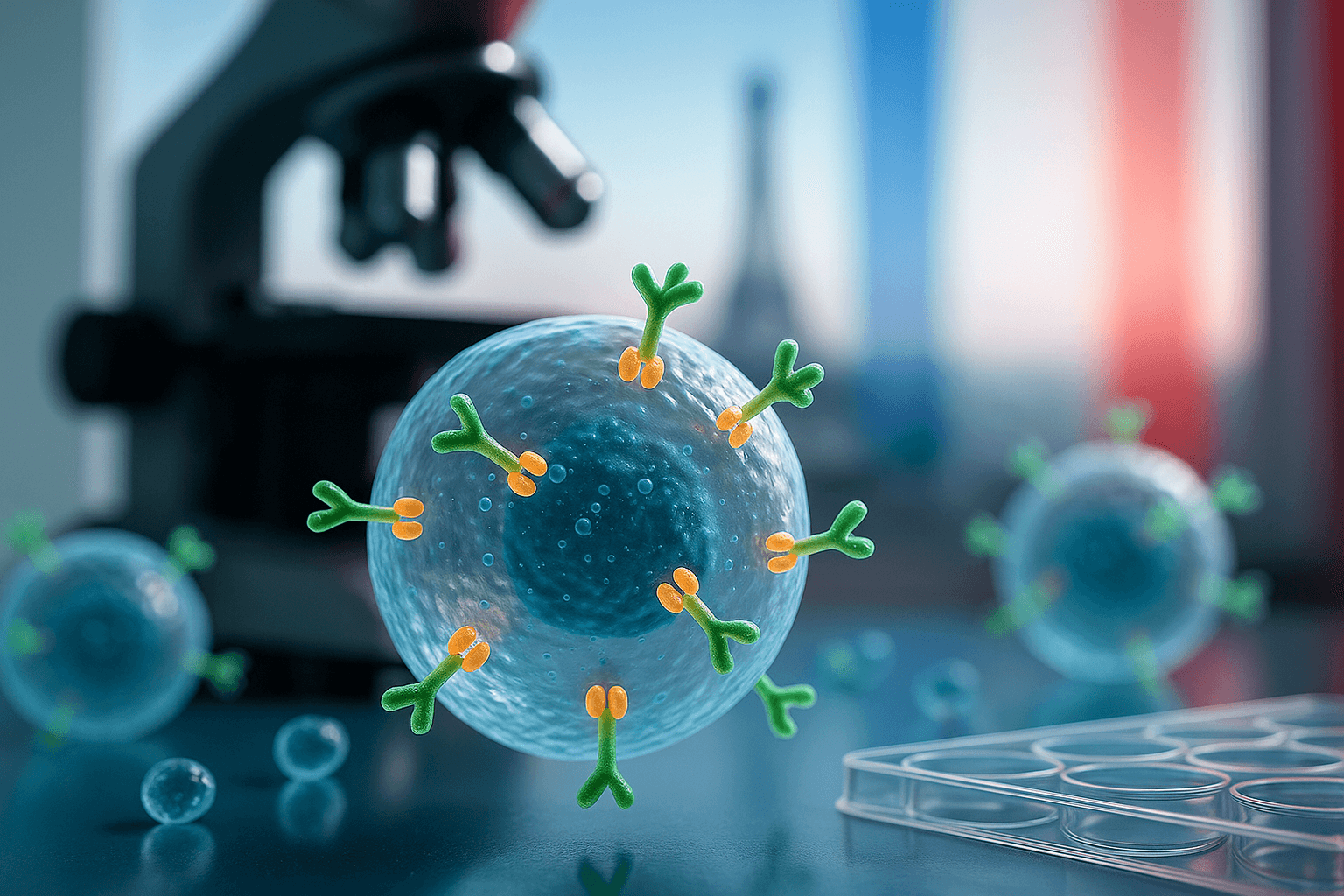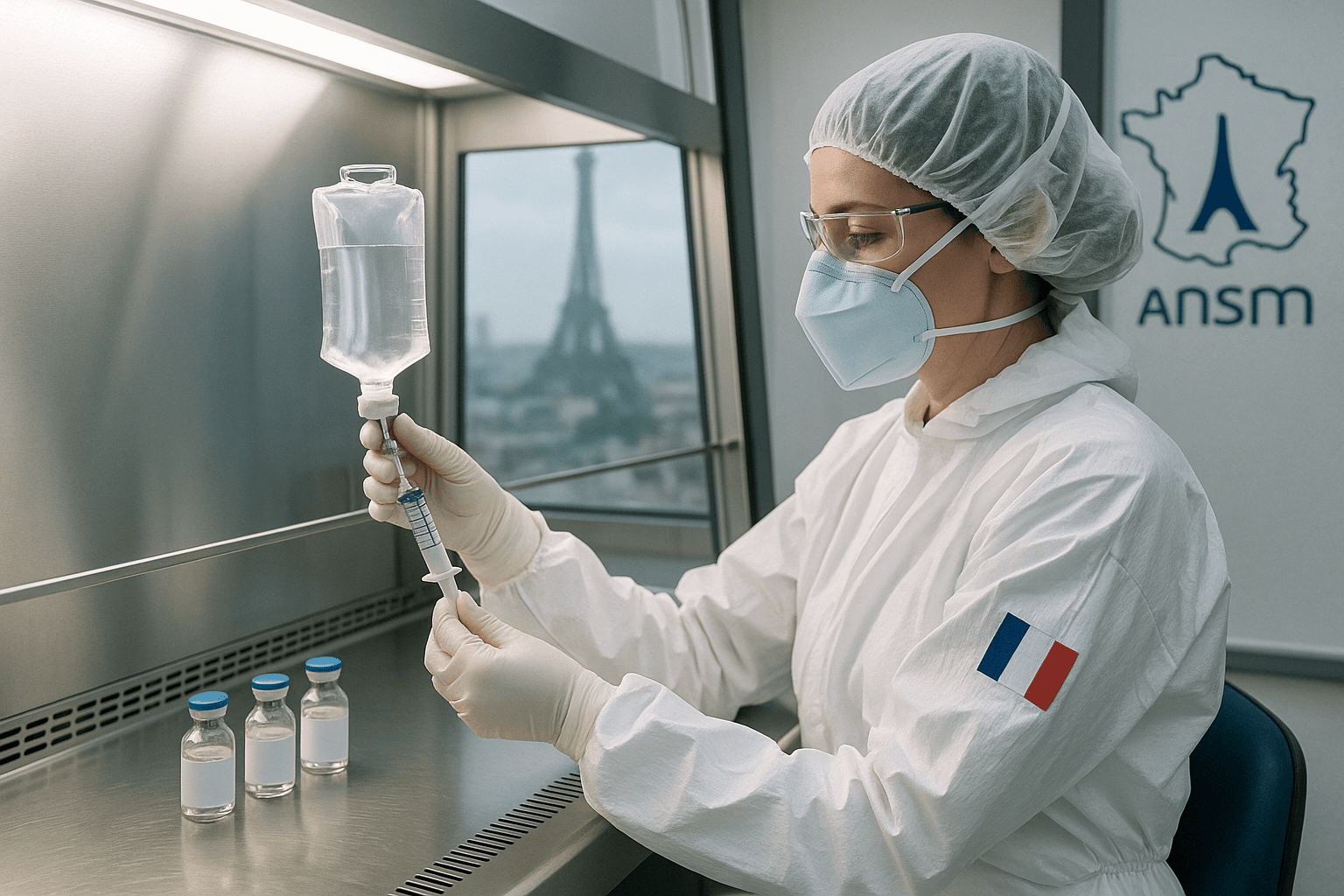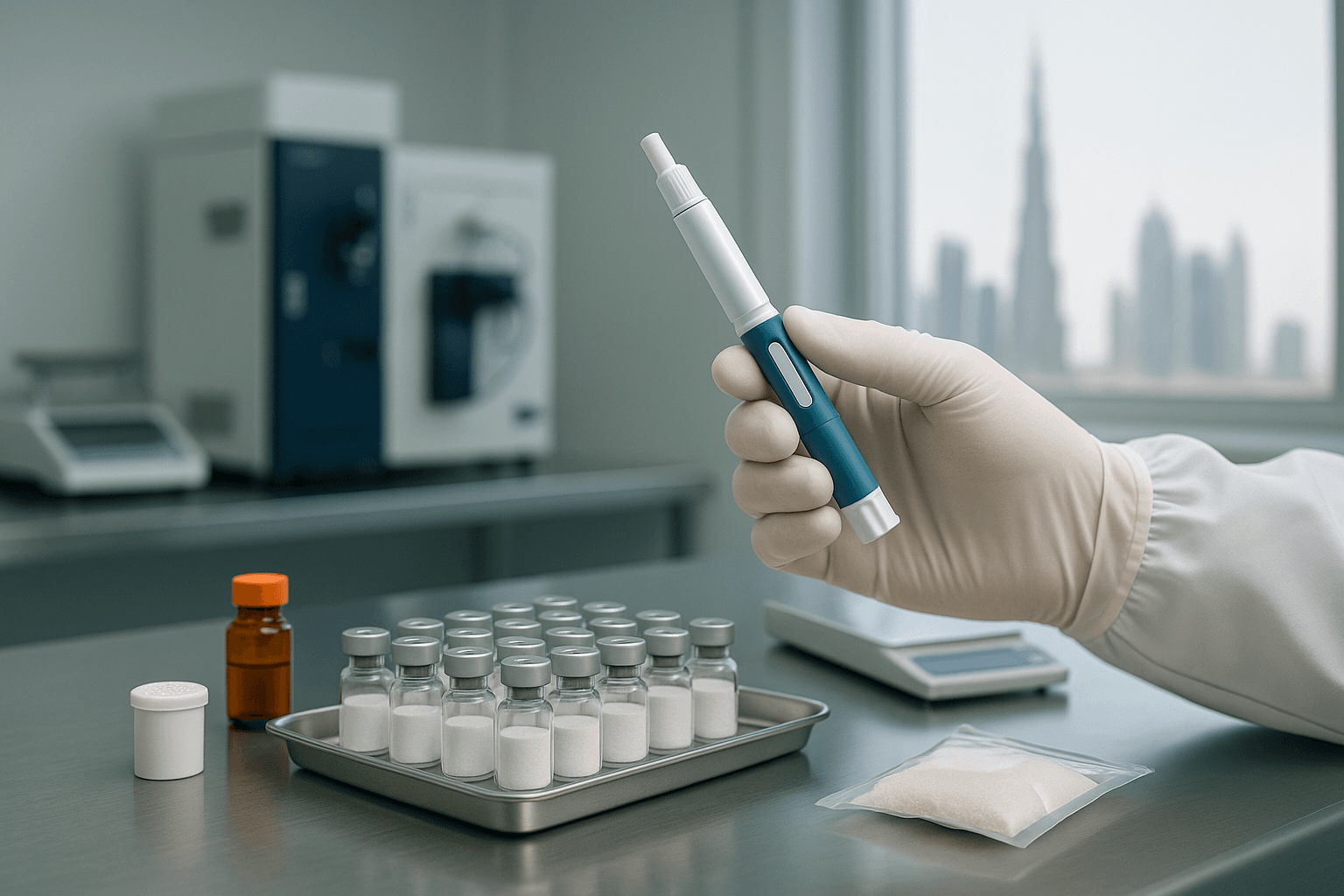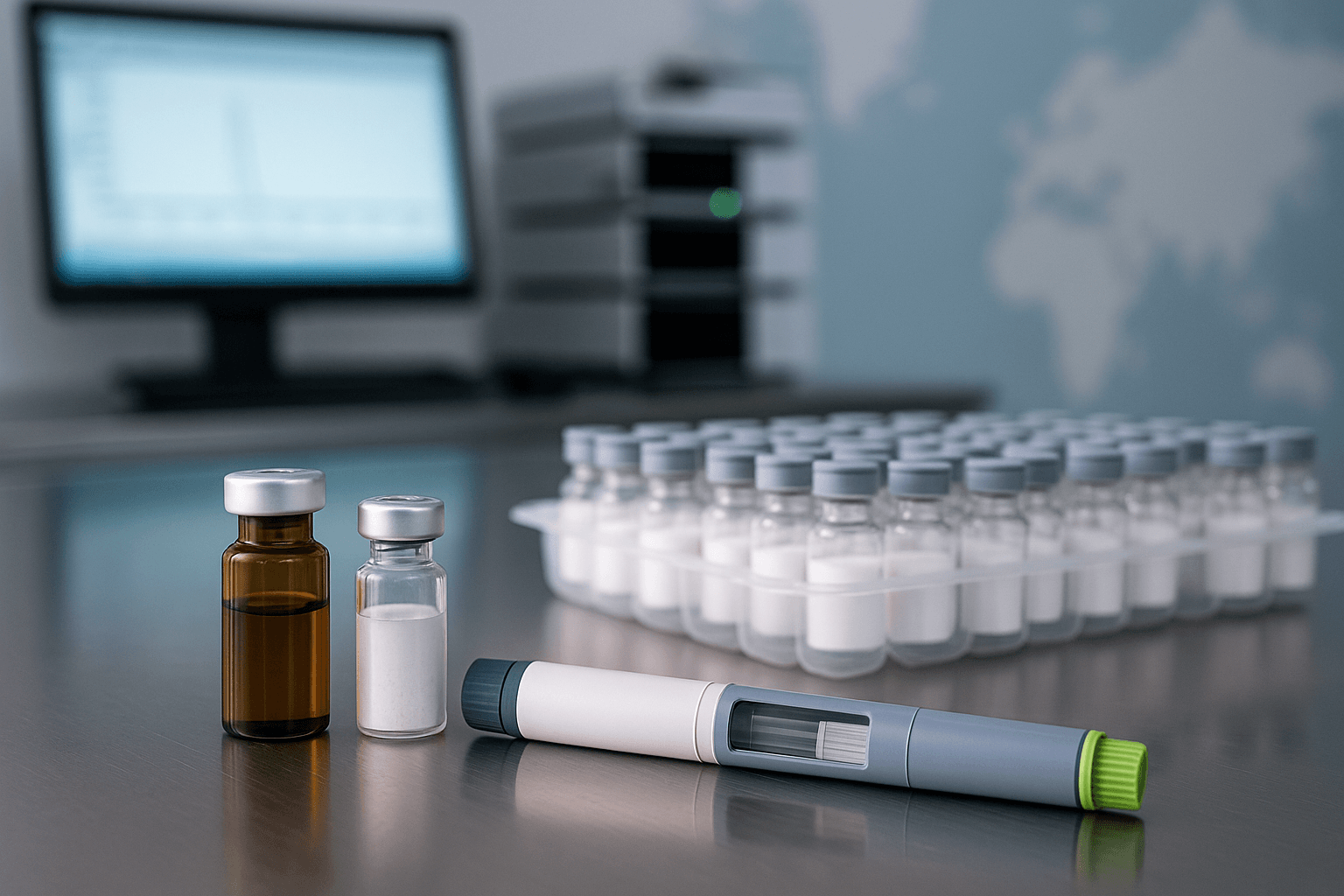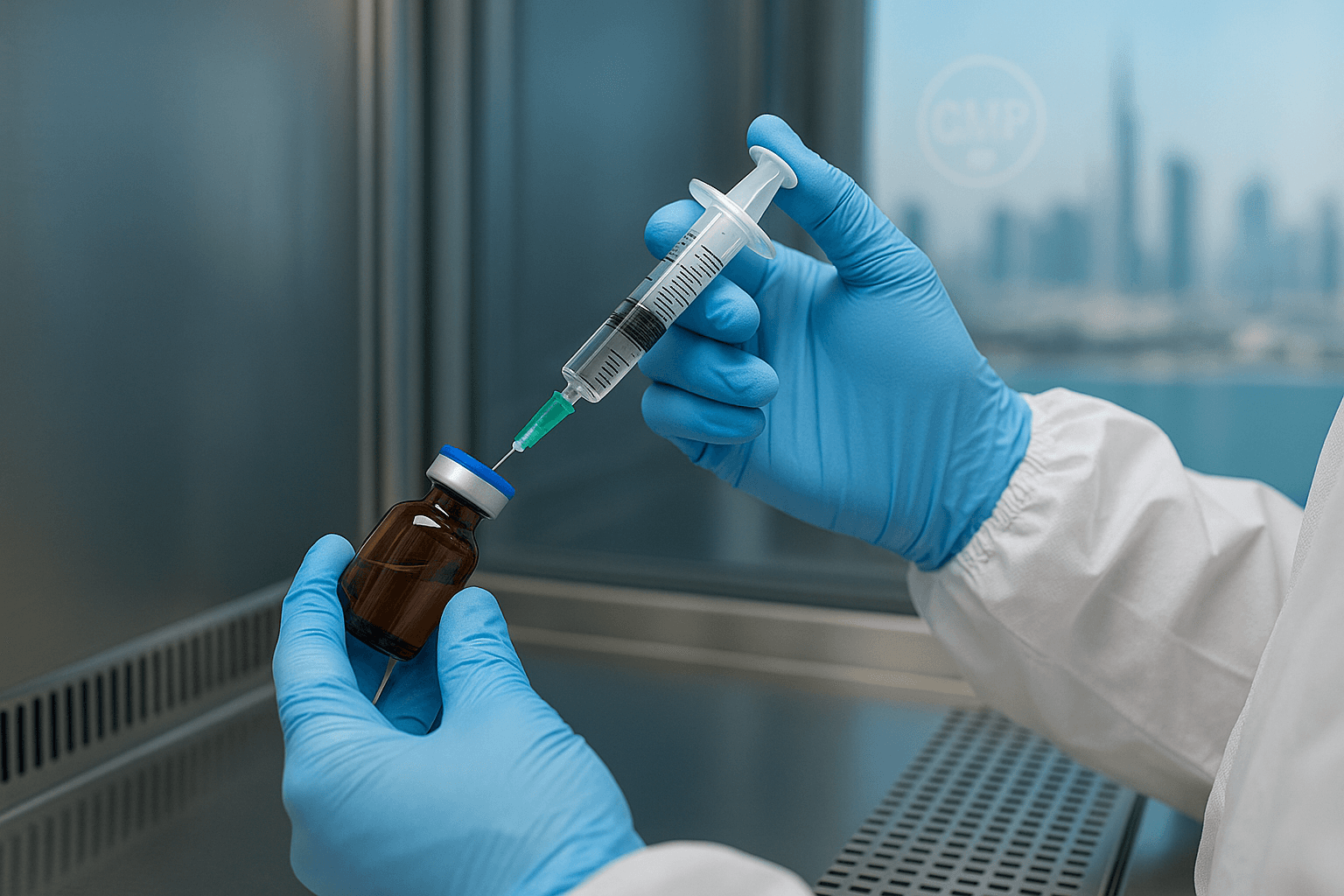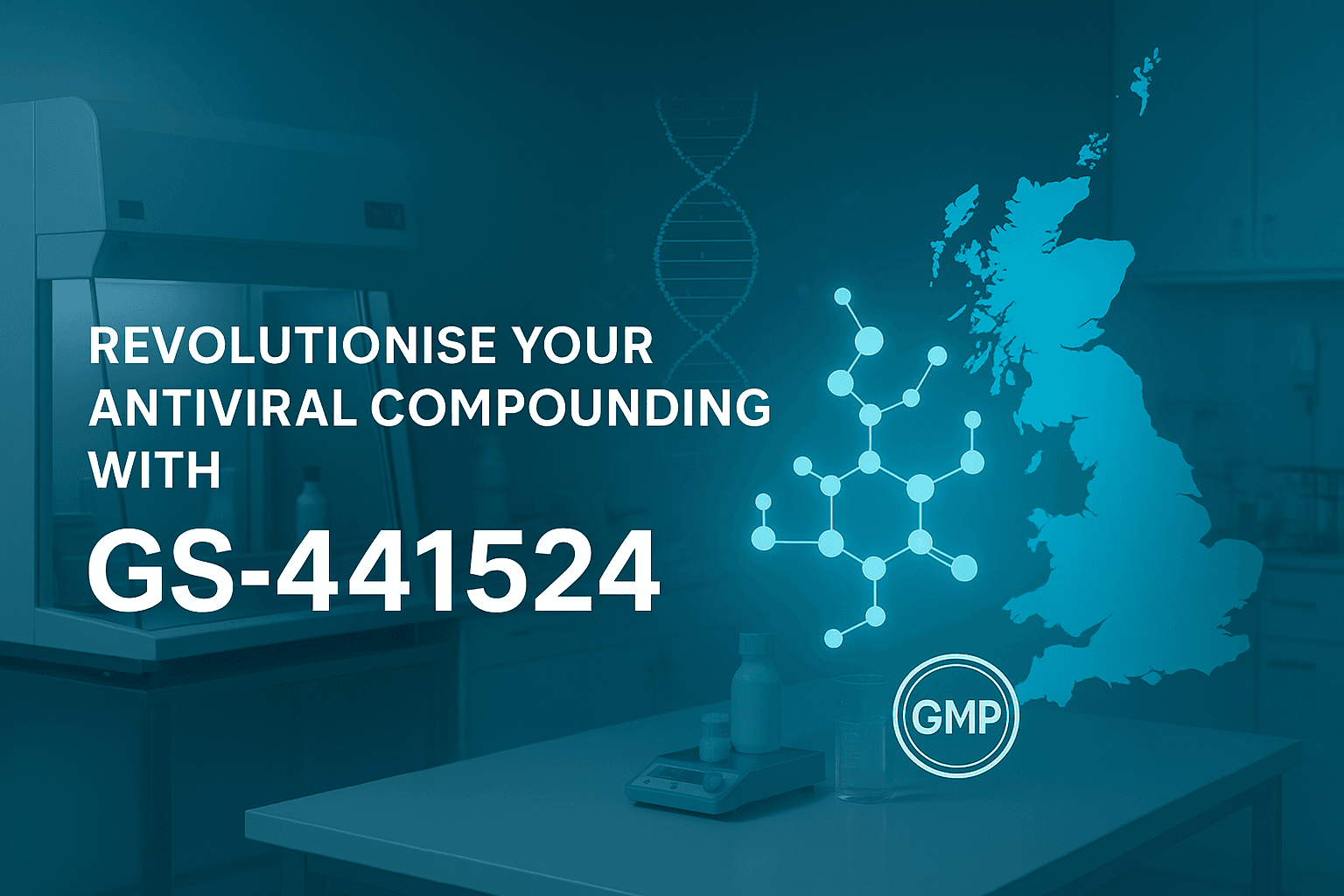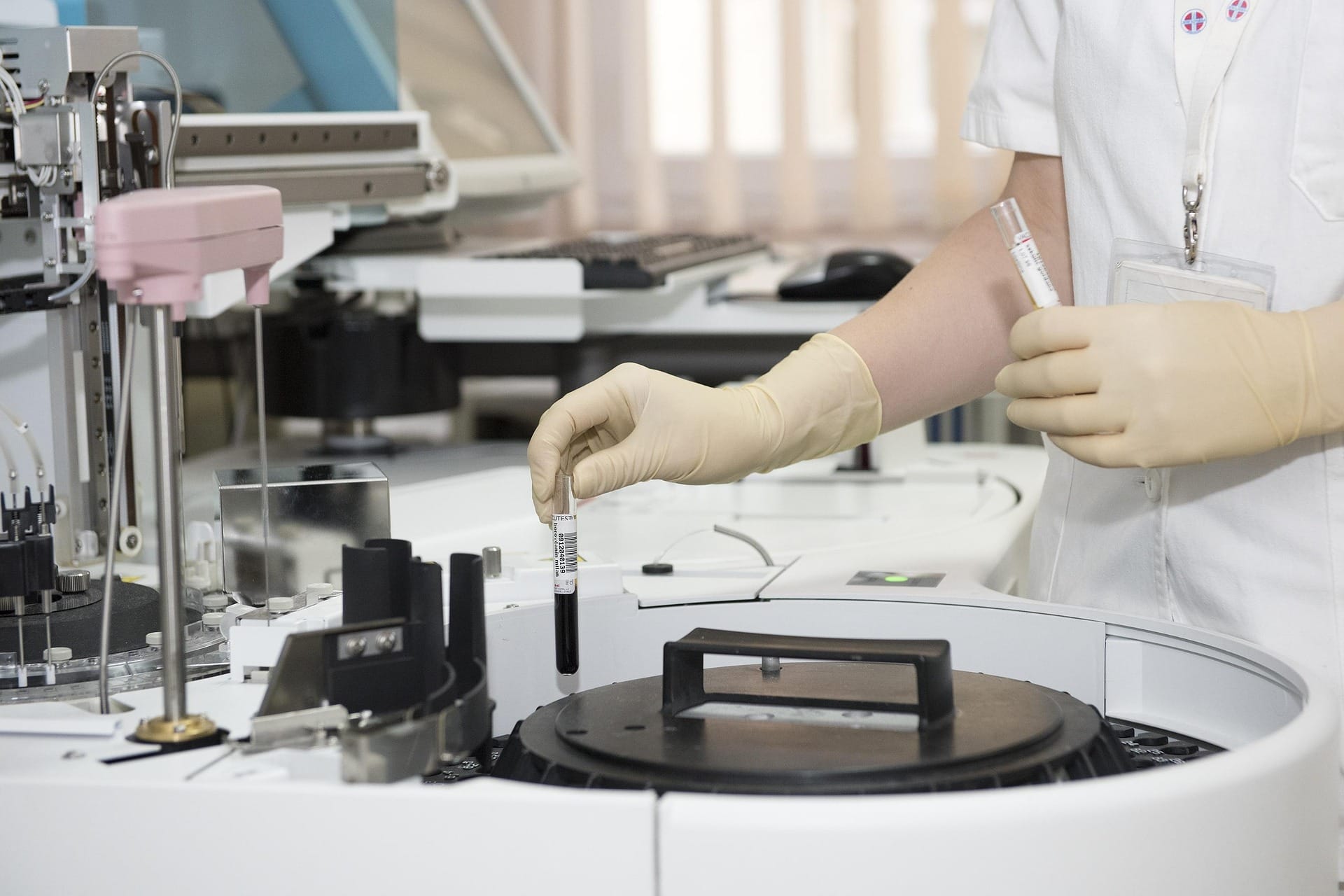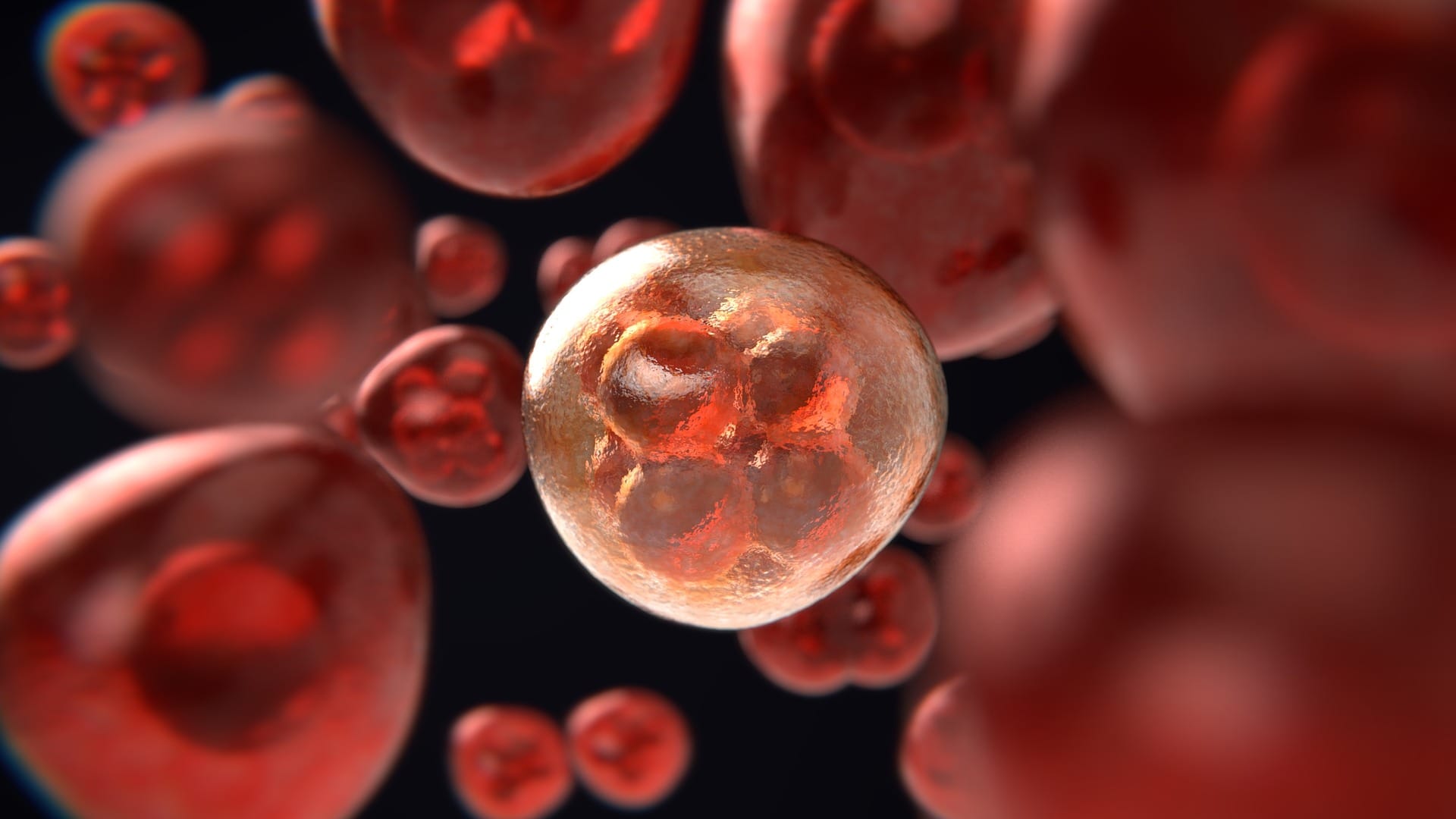
About MedicaPharma
MedicaPharma distributes high-quality active pharmaceutical ingredients (APIs) to hospitals, commercial (compounding) pharmacies, research institutes, and universities worldwide.
What is EIDD‑1931
EIDD‑1931 (β-D-N4-hydroxycytidine) is a potent antiviral compound used in veterinary medicine, particularly for the treatment of Feline Infectious Peritonitis (FIP) in cats.
Why Choose MedicaPharma
We are committed to supplying high-quality GMP products with logistics according to GDP regulations.

